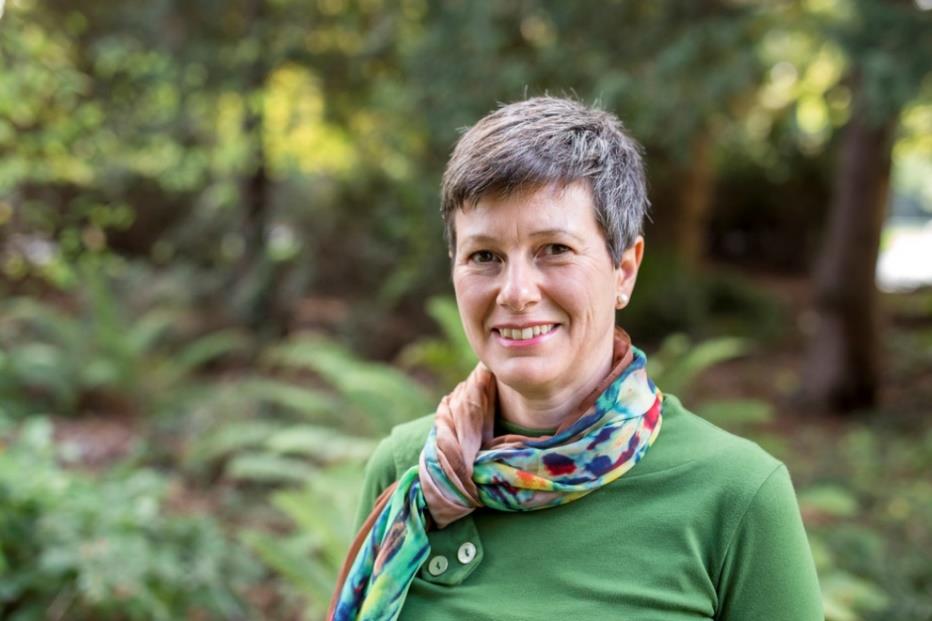Maite Maldonado (British Columbia, Canada) – Bio-Geotraces

Maite Maldonado received a PhD from McGill University in 1999. She is a Professor in the Department of Earth, Ocean and Atmospheric Sciences at the University of British Columbia. Since joining UBC, Maite’s research has focused on understanding how various ‘bioactive’ trace metals influence phytoplankton physiology and ecology, and how phytoplankton, in turn, affect the chemical the speciation of trace metals in seawater.
Her work has provided significant new insights into how marine phytoplankton survive under conditions of extreme iron and Cu deficiency, and how individual metals (e.g. Fe, Cu, Cd) may act synergistically and antagonistically to affect oceanic primary productivity and phytoplankton species composition. Her group specializes on physiological studies, complemented with biochemical, analytical and molecular approaches, both in the laboratory and in the field.
Some of her recent projects include a) documenting for the first time Fe limitation of primary productivity in the Arctic Ocean, b) investigating the effects of ocean acidification and the thinning of sea ice on iron bioavailability for Arctic phytoplankton, c) demonstrating a significant interaction between Fe and Cu physiology in phytoplankton, and d) elucidating a high-affinity Cu transport system in model diatoms and phytoplankton in the Subarctic NE Pacific.
She has also investigated the effects of Cu limitation on the C and N metabolisms in diatoms (using proteomics), as well as on the C metabolism and stoichiometry of heterotrophic bacteria (using HR-ICPMS).
She has collaborated with scientists from the Institute of Oceans and Fisheries at UBC to create the first model of biological iron (Fe) cycling in the Southern Ocean food web, from bacteria to whales. She is presently investigating the sources and sinks of potentially toxic metals (Cu, Ag, and Cd) in the Strait of Georgia (BC, Canada), and the role of the biota in the geochemical cycling of these elements in the Strait.
Maite’s research team has participated in the international inter calibration exercise for particulate metal determination under the auspices of the GEOTRACES program, and in two Canadian GEOTRACES cruises in the Arctic. Maite has served in the GEOTRACES Scientific Steering Committee, and in the Data Management Committee, as well as the BioGeotraces contact since 2011.
She is also one of the organizers in planning the upcoming BioGeoSCAPES, an international program to study ocean metabolism and nutrient cycles in a changing planet.

